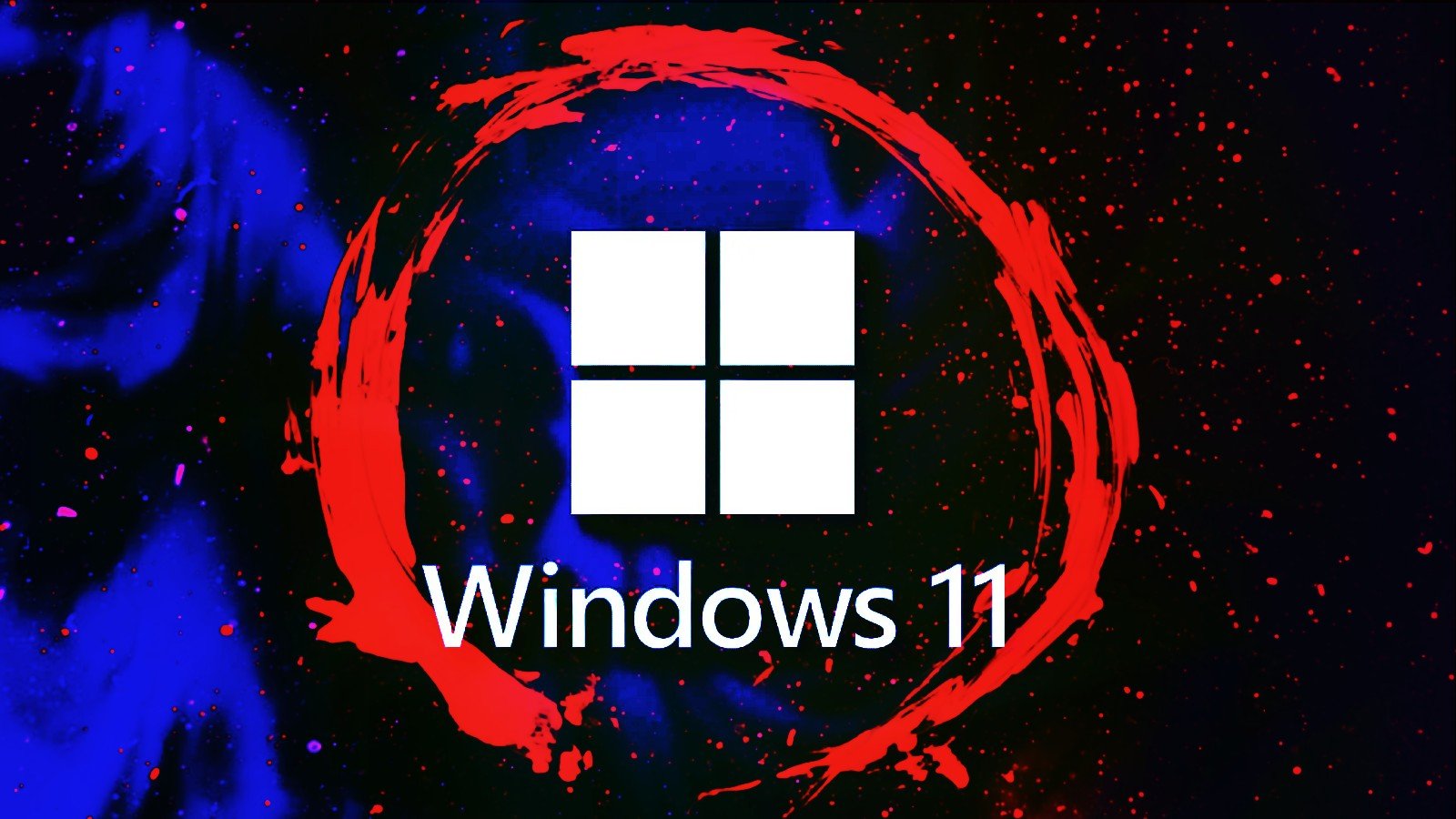Gandalf_The_Grey
Level 76
Thread author
Verified
Honorary Member
Top Poster
Content Creator
Well-known
- Apr 24, 2016
- 6,567
In March 2022, we published instructions for installing the Google Play store on Windows 11. The method involved an open-source project from GitHub. Unfortunately, it contained malware. Here’s how to fix it.
Let’s lead with the important part:
At this point in time, we don’t have reason to believe that any of your sensitive information was compromised.
Table of Contents
Editor’s Note: Over the past 15+ years, we’ve seen many Windows applications and browser extensions turn to the dark side. We strive to be incredibly careful and only recommend trustworthy solutions to our readers. Because of the increasing risk that malicious actors pose to open-source projects, we will be even more diligent with future recommendations.
Additionally, we’d like to stress once again that there is no evidence your sensitive information was compromised. The domain the malware depends on has now been removed, and its creators can no longer control it.



